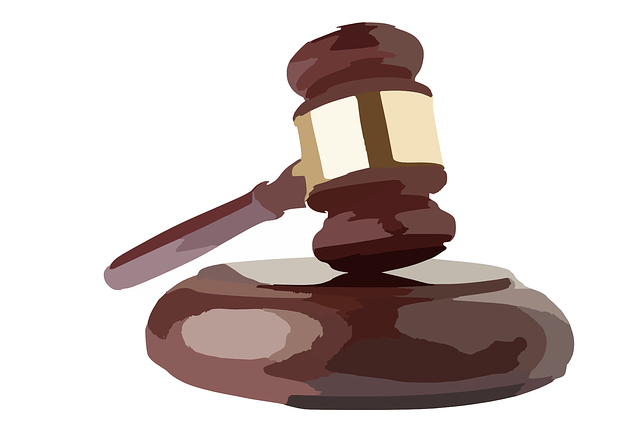In Washington County disputes, contempt proceedings are powerful legal tools to enforce court orders, with civil and criminal categories based on compliance or willful disobedience. Legal professionals must navigate these high-stakes scenarios carefully, prioritizing client interests and order integrity. Success involves understanding each client's unique situation, proactive resolution seeking, strategic preparation (document gathering, legal framework understanding), assertive communication during hearings, and maintaining a respectful demeanor to focus discussions on the case's merits. Swift action—from document collection to strategy formulation—is key to successful outcomes in these complex legal landscapes.
In Washington County, contempt proceedings play a pivotal role in dispute resolution. This article delves into the intricate dynamics of these legal processes and emphasizes the paramount importance of protecting client interests. We explore how effective legal representation safeguards client rights, particularly during contentious hearings.
By analyzing real-world case studies from Washington County dispute resolutions, we unveil strategic approaches that attorneys can employ to ensure their clients’ best interests are upheld, fostering a fair and just legal environment.
- Understanding Contempt Proceedings in Washington County Disputes
- The Role of Client Interests in Legal Representation
- Strategies to Safeguard Client Rights During Contempt Hearings
- Case Studies: Protecting Clients in Washington County Dispute Resolutions
Understanding Contempt Proceedings in Washington County Disputes

In Washington County disputes, contempt proceedings are a legal mechanism used to ensure parties adhere to court orders. Contempt can be civil or criminal, with civil contempt focusing on non-compliance with a court order that impacts another party’s rights, while criminal contempt involves willful disobedience of a court’s authority. These proceedings are serious matters as they can lead to significant consequences, including fines and even imprisonment.
Understanding the nature of Washington County disputes is crucial for clients and their representatives. In these disputes, where emotional intensity and high stakes often prevail, it becomes even more important to safeguard client interests. Legal professionals must navigate contempt proceedings with precision, ensuring that the rights of all parties are protected while upholding the integrity of the court’s orders.
The Role of Client Interests in Legal Representation

In legal representation, client interests stand as the paramount consideration. When navigating complex cases like those involving Washington County disputes, attorneys must prioritize their clients’ best outcomes and strategic goals. This includes not just defending against allegations but also proactively seeking resolutions that maximize benefits for clients while minimizing potential harms.
Understanding the nuances of each client’s unique situation is crucial. Each individual or entity brought into legal proceedings has distinct interests and concerns. For instance, in Washington County disputes, clients may range from local businesses to homeowners associations, each with their own priorities. An effective attorney must adapt their approach to reflect these varying interests while ensuring a robust defense or pursuit of justice aligned with the client’s specific objectives.
Strategies to Safeguard Client Rights During Contempt Hearings

Protecting client interests in contempt proceedings requires a strategic approach, especially in highly charged environments like Washington County disputes. One key strategy is thorough preparation. This involves gathering all relevant documents, witness statements, and evidence to support the client’s position. A detailed understanding of the legal framework governing contempt charges is crucial; lawyers should be well-versed in the applicable laws and previous case rulings specific to Washington County to effectively argue for their clients’ rights.
During the hearing, active participation and assertive communication are essential. Clients should be encouraged to clearly articulate their version of events without compromising their rights. Lawyers can guide them on what information to share, ensuring it remains fact-based and relevant. Additionally, maintaining a respectful yet firm demeanor can help navigate the emotional intensity often present in contempt proceedings, focusing the discussion on the merits of the case while upholding the client’s interests.
Case Studies: Protecting Clients in Washington County Dispute Resolutions

In the realm of legal dispute resolutions, particularly in Washington County, protecting client interests is paramount. Case studies illustrate that effective strategies involve meticulous documentation and clear communication. For instance, a recent Washington County dispute saw a law firm successfully defend a client’s rights by meticulously preserving evidence and maintaining open lines of communication with all parties involved. This proactive approach ensured the client’s voice was heard and their best interests were represented throughout the process.
The key to success in such cases lies in swift action. Upon inception of a Washington County dispute, legal professionals must assess the situation promptly. This includes gathering relevant documents, identifying key witnesses, and formulating a robust strategy. By doing so, they can navigate complex legal landscapes with confidence, ultimately safeguarding their clients’ interests and fostering fair resolutions.






